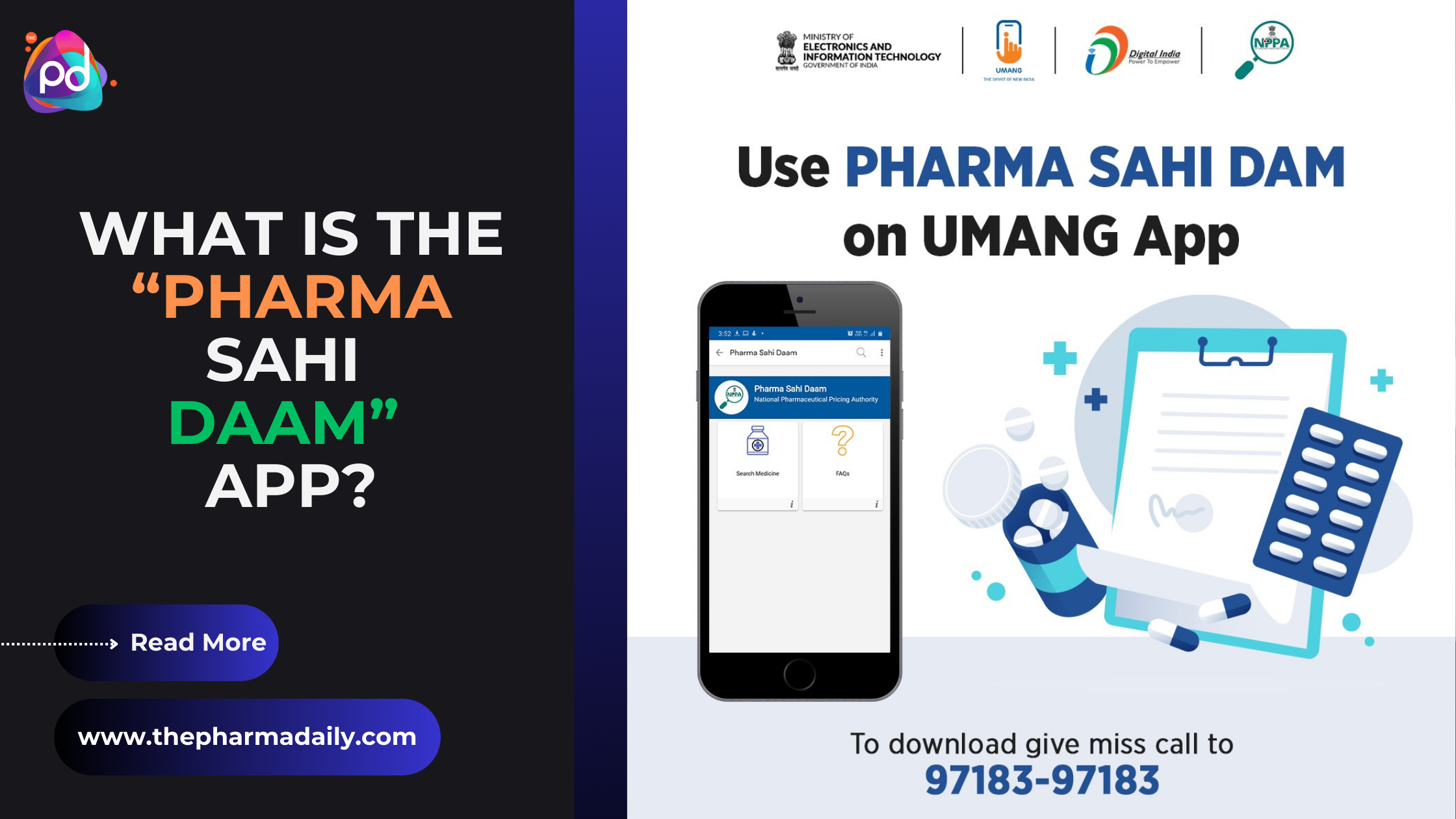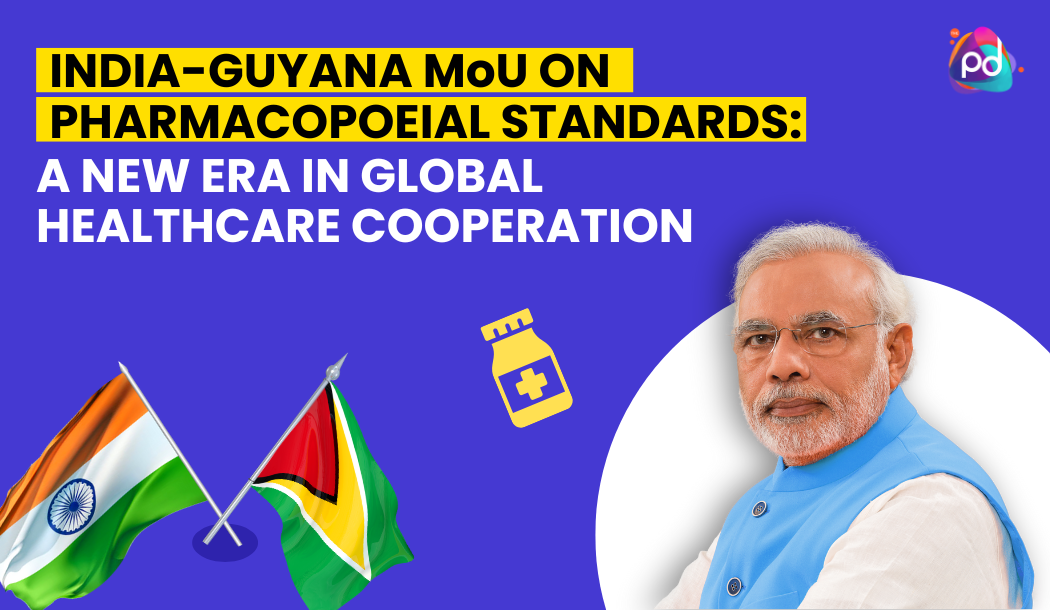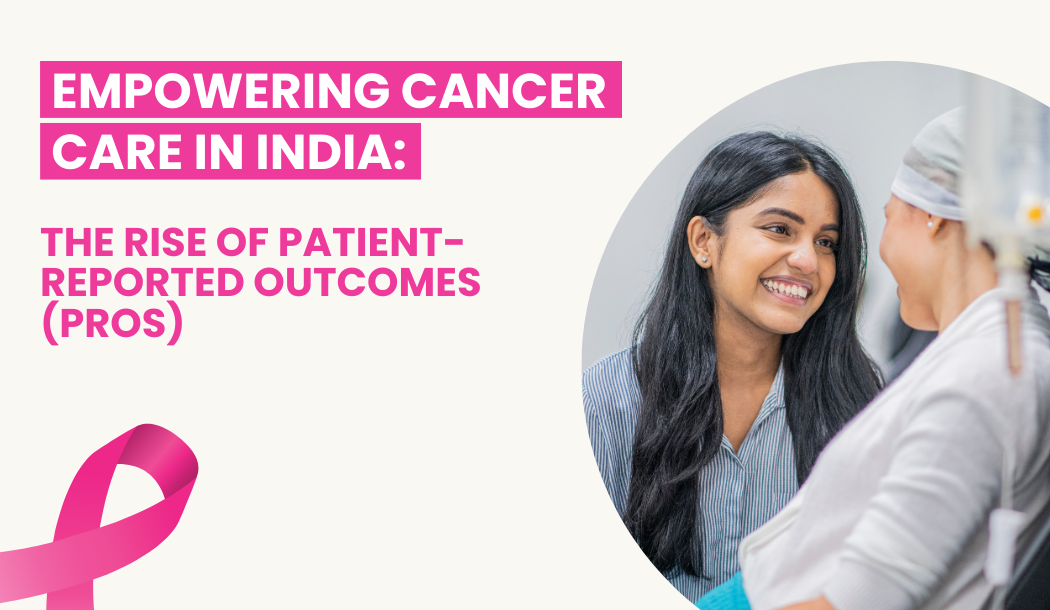Pharma Sahi Daam App: Revolutionizing Medicine Price Transparency in India
Roadmap to Become a Medical Scribe: A Comprehensive Guide
As the healthcare industry continues to evolve, the role of a Medical Scribe has become increasingly vital in ensuring the efficiency and accuracy of medical documentation. For those of you exploring the possibility of joining this dynamic field, this article aims to shed light on the path to becoming a Medical Scribe. As a seasoned medical content writer specializing in Medical Scribing courses, I'll guide you through the essential steps and information needed to embark on this career.
What is a Medical Scribe?
A Medical Scribe is a specialized healthcare professional responsible for accurately recording and managing the documentation of patient-physician interactions during medical exams. The primary aim is to alleviate the administrative burden on physicians, allowing them to focus more on patient care. Scribes work closely with healthcare providers to capture detailed medical histories, examination findings, diagnostic information, treatment plans, and follow-up instructions in real-time.
What is the Meaning of Medical Scribe?
The term "Medical Scribe" encompasses more than just the act of taking notes. It signifies a pivotal support role within the healthcare team, enhancing the quality of patient care by streamlining the documentation process. Medical Scribes ensure that all clinical data is accurately represented in the patient's electronic health record (EHR), playing a crucial role in the continuity of care.
Qualifications Required to Join the Medical Scribing Domain
To enter the field of Medical Scribing, candidates typically need:
- A high school diploma or equivalent as the minimum educational requirement.
- A strong foundation in medical terminology, anatomy, and physiology, often achieved through relevant coursework or a specialized training program.
- Excellent listening and typing skills to accurately document conversations and procedures.
- The ability to work in a fast-paced environment and multitask effectively.
While not always required, a bachelor's degree in life sciences or a related field can be advantageous. Additionally, certification from a recognized organization, such as the American College of Medical Scribe Specialists (ACMSS), can significantly enhance job prospects.
Job Roles & Responsibilities
For Freshers:
- Documenting patient history, physical examination results, diagnoses, treatment plans, and prescriptions under the supervision of a healthcare provider.
- Ensuring the accuracy and completeness of the patient's health record.
- Assisting with the management of electronic health records.
For Experienced Candidates:
- May include supervisory roles, training new scribes, or specialized scribing in areas like emergency medicine or cardiology.
- Leading initiatives to improve documentation processes and efficiency.
- Collaborating with healthcare teams to ensure seamless patient care.
What Salary to Expect?
As a Fresher:
In India, entry-level Medical Scribes can expect to earn an average annual salary ranging from INR 2,00,000 to INR 3,00,000, per annum depending on the employer and location.
As an Experienced Candidate:
With experience, specialized skills, and potentially additional certifications, salaries can range from INR 4,00,000 to INR 6,00,000 per annum. Highly experienced or managerial roles may command even higher salaries.
Is it a Good Career Option for Life Sciences Graduates?
Absolutely. For life sciences graduates, a career as a Medical Scribe offers a unique opportunity to apply their scientific knowledge in a clinical setting, gain firsthand experience in patient care, and play a direct role in improving healthcare delivery. It serves as an excellent stepping stone for those considering further medical or healthcare-related education, offering valuable insights into the medical field and patient care processes.
Embarking on a career as a Medical Scribe promises not just a rewarding professional journey but also a chance to make a significant impact on healthcare efficiency and patient experiences. For those with a keen interest in medicine, strong communication skills, and a dedication to enhancing patient care, the path of a Medical Scribe can be both fulfilling and enriching.
For those ready to take the first step, numerous online courses and certification programs are available to equip you with the knowledge and skills needed to succeed in this vital healthcare role. As you embark on this exciting career path, remember that you're not just choosing a job; you're stepping into a role that is at the heart of patient care and medical innovation.
Warm Regards,
Mitali Jain
Until next time, keep learning and keep growing!












